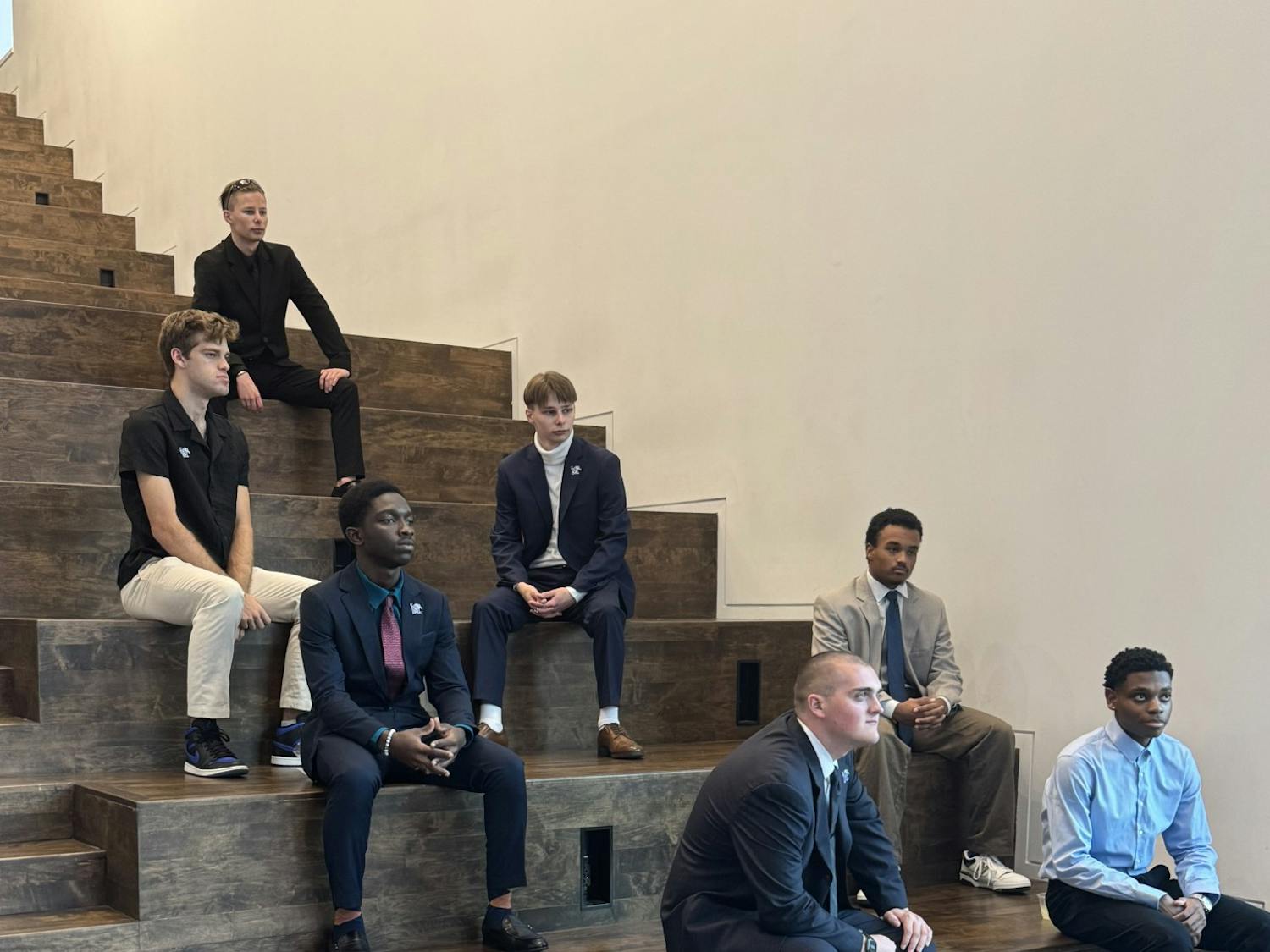MEMPHIS - Representatives from medical companies Smith & Nephew and Medtronic met with University of Memphis engineering students to show them the ins and outs of their future field. Students in the department learned how to score the perfect job and show their skills to future employers.
Engineering has a broad range of opportunities for interested students. Whether medical, chemical or mechanical engineering suits the student, the Smith & Nephew/Medtronic AskMe session was educational for all who attended.
“For us, still in school, it’s a chance to see what it’s like on the job," said Daniel Cook, UofM student and vice-chair of ASME. “They were all in their mid-20's, so they know all about the hiring process.”
ASME, or American Society of Mechanical Engineers, is a national organization on college campuses. Several speakers at the session were members of the organization themselves, including Drew Hall of Medtronic and Stephen Lee of Smith & Nephew.
Hall discussed how the company works with surgeons to recognize needs in the industry. He said that communication between medical and engineering fields is important for creating the needed products.
“When creating these devices in engineering, you have to understand the medical procedure on the level of the surgeon,” said Hall. “It’s very interesting getting to dive deep into things outside of engineering.”
Engineers are often asked to create new products to help a need in their concentration. Hall showed students how Medtronic engineers created an artificial spine for a surgeon to use in an operation.
While the speakers educated students on multiple aspects of engineering, one fact noticed by all is that engineering is multifaceted.
“You have to compile documents to get reviewed by the FDA,” said Stephen Lee. “The writing has to be pretty thorough, so the writing and paperwork would be the thing I wasn’t ready for.”
A vast array of skills are required to be successful in engineering. Within these skills comes challenges, one of which was highlighted by Mouhsin El-Chafeu of Smith & Nephew.
El-Chafeu said that products need to be easily mass-developed to be successful. Sometimes an engineer can create a product or find a solution, but if it cannot be replicated, then it becomes challenging to put on the market.
“Capability analysis is crucial,” said El-Chaefeu. “Am I capable of making this repeatedly? It seems simple, but it leads to a bunch of things, is this product reproducible? Is it affordable? Things like that.”
The session attended by over 20 engineering students lasted about an hour and held a question-and-answer segment. Students asked questions about the difference in academic engineering research and research in the field.
Lee concluded the discussion by talking about how rewarding it can be to help create medical devices. He said that a device made specifically for one surgeon could benefit much more than those involved in that one case.
“I’ve always loved the medical field,” said Lee. “If I was not in engineering, I would probably be a doctor.”
Engineers are a part of almost every company, and there is a sub-interest for almost all engineering students. Even though medical companies spoke at the session, it was educational for those in mechanical and chemical engineering as well.
Robert Geer, UofM sophomore and chair of ASME, acknowledged how broad engineering is. He also recognized common misconceptions about engineering students.
“The misconception is that we build ourselves as sophisticated,” said Greer. “But everyone has worked on a farm or blue-collar work before. We do as much as blue-collar work as we do white collar.”





